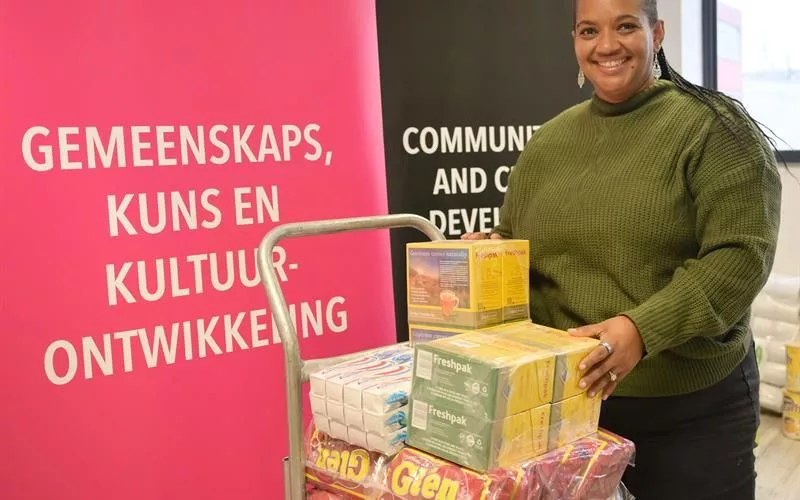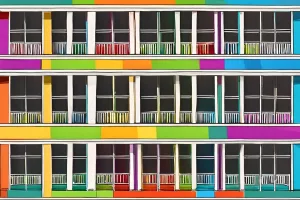The city of Cape Town is providing R157,000 in aid to twelve city shelters, collaborating with the provincial Department of Social Development to enhance operational capacity, and evaluating a funding proposal to assist shelters in maintaining compliance standards. These actions aim to support the homeless during the harsh winter conditions and foster longterm sustainability for nonprofit organizations committed to helping them. The city emphasizes the important role of community involvement in improving the living conditions of street dwellers.
The Green Point Tennis Court occupants in Cape Town have welcomed shelter and social aid offers after interactions led by the City of Cape Town’s social development personnel. The court ruling includes an eviction plan for remaining unlawful inhabitants who have not agreed to shelter offers, scheduled for post7th February, and a prohibition against reentry at the tennis courts and other cityowned public spaces mentioned in the order. The City’s diverse strategy to address this matter is a testimony to its dedication to promoting dignity, health, and wellbeing. The City is investing in extending its Safe Space transitional shelters and plans to operate these shelters beyond the existing 700 beds across CBD and Bellville facilities.
District Six, a historic neighborhood in Cape Town, is set to welcome a new homeless adult shelter called the Hope Exchange Shelter. The proposed facility aims to provide refuge for individuals living on the streets. The public consultation process is currently underway until July 14, allowing residents and concerned parties to share their thoughts on the initiative.
Cape Town’s Mayor Geordin HillLewis has announced a heartwarming initiative to aid the city’s homeless population during the winter months. As part of the annual Winter Readiness campaign, the City will collaborate with nonprofit organizations (NPOs) to add an additional 300 beds to homeless shelters.
Over the last ten years, Cape Town has made impressive strides in addressing pet overpopulation, thanks to the combined efforts of local government and various animal welfare organizations. Through the sterilization of domestic animals, close to 15,000 animals have been sterilized, thanks to a total investment of over R6.3 million from the Community Services and Health Directorate.





